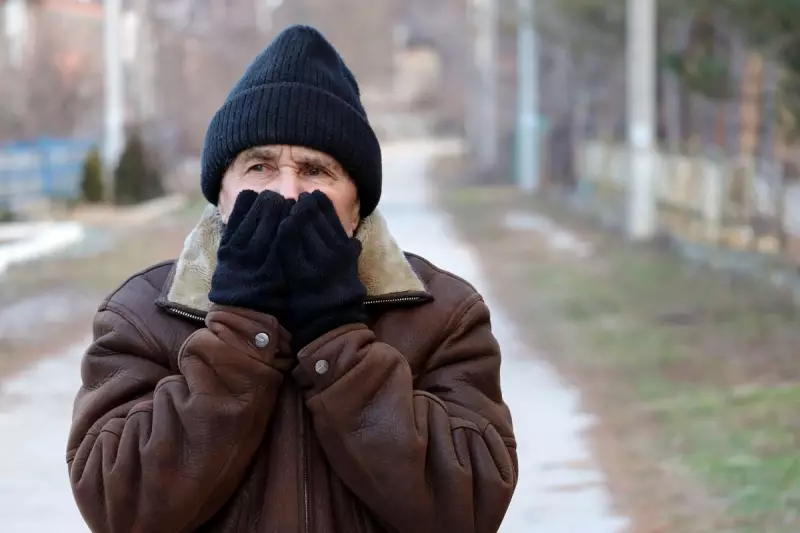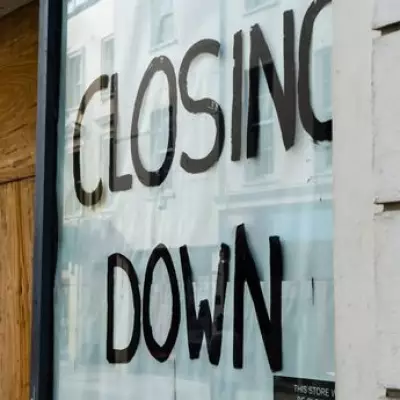
A devastating public health crisis is unfolding across Britain as millions struggle to afford basic heating during the coldest months, according to alarming new analysis. Soaring energy bills are forcing vulnerable households to make impossible choices between staying warm and putting food on the table.
The human cost of unaffordable energy
Medical experts are witnessing a disturbing trend of cold-related illnesses sweeping through communities. Respiratory conditions, cardiovascular problems, and mental health issues are all escalating as people endure living in dangerously cold homes.
"We're seeing patients whose health conditions are dramatically worsened by living in cold, damp conditions," reports one NHS GP. "Many are choosing between heating and eating, and their health is paying the price."
NHS faces winter pressure cooker
The crisis is creating a perfect storm for the already overstretched National Health Service. Hospital admissions for cold-related conditions are predicted to surge this winter, placing additional strain on emergency departments and primary care services.
Key impacts on healthcare services include:
- Increased A&E admissions for hypothermia and respiratory conditions
- Higher demand for GP appointments related to cold-exacerbated illnesses
- Worsening of chronic conditions like arthritis and circulatory problems
- Mental health deterioration due to the stress of fuel poverty
Vulnerable households bear the brunt
Pensioners, families with young children, and those with pre-existing health conditions are disproportionately affected. Many are resorting to desperate measures to stay warm, including:
- Spending entire days in heated public spaces like libraries and shopping centres
- Using unsafe heating methods that pose fire risks
- Living in single rooms to reduce heating costs
- Wearing multiple layers of clothing indoors
A systemic failure requiring urgent action
Campaigners argue this isn't just about individual hardship but represents a fundamental failure in energy and social policy. The combination of inadequate insulation in housing, rising energy costs, and insufficient government support has created a perfect storm.
"This is a public health emergency that demands immediate intervention," states a fuel poverty campaigner. "We cannot accept that in one of the world's wealthiest nations, people are becoming seriously ill because they cannot afford to heat their homes."
The situation highlights the urgent need for both short-term support for vulnerable households and long-term solutions including energy efficiency improvements and sustainable energy policies.






